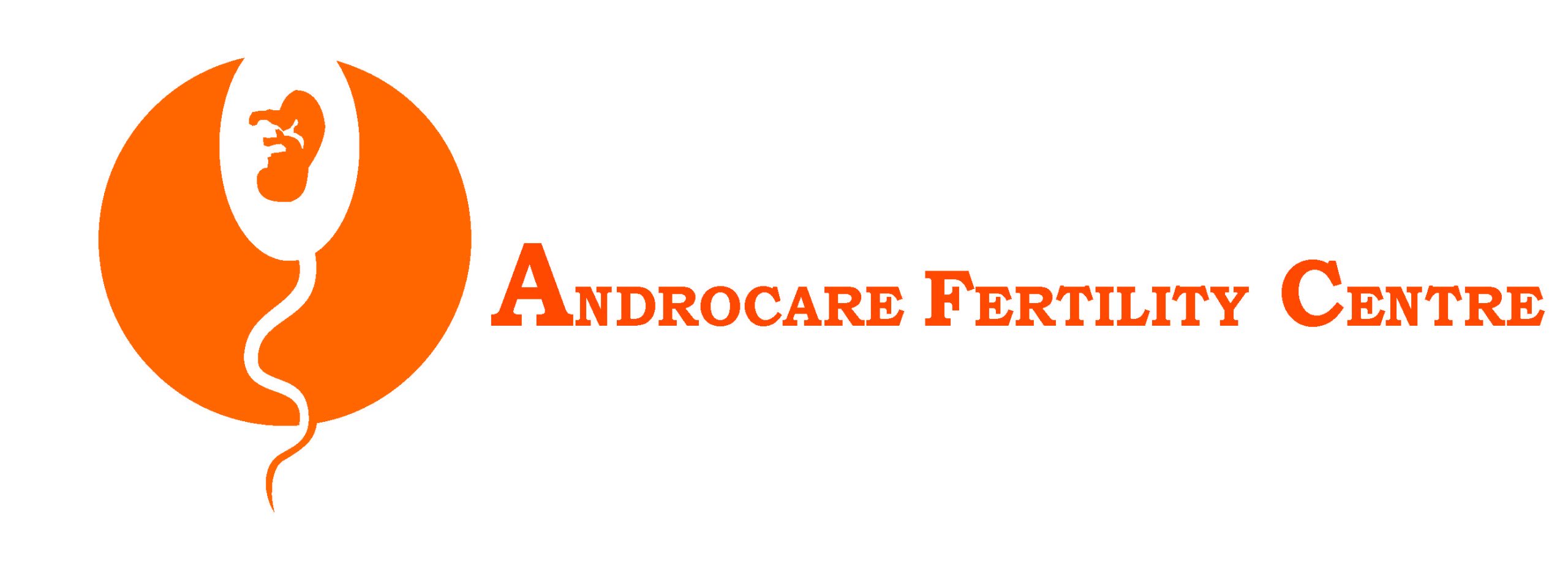Benefits Of Family Planning
Introduction
Benefits of family planning is crucial in maintaining the well-being of families by enabling individuals to make informed choices about the timing and number of children they wish to have. In Nigeria, a country rich in diverse cultures and lifestyles, understanding the significance of family planning is paramount. It transcends mere contraception, as it serves to enhance the health and resilience of families.
Given the myriad traditions within Nigeria, it is evident that family planning holds significant importance. The country’s large population underscores the necessity of strategic childbearing decisions. Effective family planning involves not only preventing unwanted pregnancies but also considering cultural norms, access to healthcare services, and financial constraints in light of the prevailing economic conditions.
In Nigeria, where various cultural practices coexist, family planning acts as a bridge between traditional customs and modern approaches. Empowering women to take charge of their reproductive choices contributes to their sense of agency and control over their bodies.
By spacing out childbirths appropriately, families can improve their educational attainment and financial stability. Delving into the realm of family planning in Nigeria entails unraveling its complexities and integrating it into the vibrant tapestry of Nigerian society. It involves confronting obstacles while seizing opportunities for a brighter and sustainable future ahead.
- What is Family Planning?
Family planning is the intentional process through which individuals or couples make thoughtful choices regarding the timing and number of children they wish to have. This involves a conscious effort to control when and how many offspring are born, granting individuals the freedom to shape their reproductive journey.
The techniques utilized in family planning are varied and cater to a range of preferences. Contraception methods, fertility awareness, and reproductive technologies form the foundation of family planning. Contraception encompasses a variety of options for preventing pregnancy, providing individuals with a selection tailored to their specific needs.
Fertility awareness equips individuals with knowledge about their reproductive cycles, enabling informed decision-making. Reproductive technologies offer advanced solutions for those encountering difficulties in conceiving. Ultimately, family planning comprises an array of strategies that equip individuals and couples with the tools needed to navigate their reproductive paths confidently and knowledgeably.
It stands as a crucial component of reproductive health, fostering empowerment and informed decision-making among those seeking guidance in family planning services for women.
Benefits of Family Planning
Family planning offers several advantages that significantly impact individuals, couples, and communities, but let’s some of the key benefits of family planning for today;
Health and Well-Being:
The well-being of mothers is significantly improved through the promotion of health and family planning. By enabling couples to space out pregnancies, family planning helps reduce health risks linked to frequent childbirth. This allows mothers adequate time to recover between pregnancies, ultimately enhancing maternal health and decreasing the chances of complications during childbirth.
Economic Stability:
Benefits of family planning includes promoting of economic security for families. By carefully considering the timing of pregnancies, couples are able to effectively budget their resources and ensure that their children’s needs are met. This financial security not only benefits the immediate family members but also has a ripple effect on the economic prosperity of entire communities.
Educational Opportunities:
Furthermore, additional benefits of family planning is that it significantly enhances educational prospects. When births are spaced out, families can effectively distribute resources and focus on each child, leading to improved access to education and holistic growth for the children.
This breaks the cycle of poverty and plays a crucial role in advancing the socio-economic status of communities. Essentially, family planning serves as a versatile instrument that fosters health, financial stability, and educational access for both individuals and societies.
Empowerment of Women:
The benefits of family planning lies in its ability to empower women, granting them the freedom to take charge of their reproductive health. By offering access to various contraceptive methods, women can strategically plan their pregnancies, further their education, and engage more actively in the workforce. This not only fosters gender equality but also enhances women’s autonomy and empowerment.
Reduction of Infant and Child Mortality:
Implementing effective family planning strategies plays a crucial role in decreasing infant and child mortality rates. By carefully spacing pregnancies and providing sufficient maternal healthcare, we can significantly improve the health outcomes of newborns and young children. These efforts ultimately lead to reduced mortality rates, creating stronger and healthier communities.
Environmental Sustainability:
The practice of family planning has a significant impact on environmental sustainability. By regulating population growth, it effectively alleviates the strain on natural resources and minimizes environmental pressure. This fosters a harmonious and sustainable coexistence between human communities and the Earth, ultimately bolstering long-term ecological well-being.
Conclusion
Understanding the benefits of family planning is crucial for making informed choices regarding reproductive health. These benefits are extensive, highlighting how intentional family planning can result in improved health, financial security, and educational prospects.
These positive outcomes underscore the importance of approaching family planning with careful consideration. The advantages of thoughtful family planning are diverse. Initially, it supports better health outcomes, particularly for mothers, by allowing adequate intervals between pregnancies.
This gap helps in decreasing health risks related to consecutive pregnancies, ensuring a healthier maternal journey. Moreover, family planning is instrumental in fostering economic stability. By empowering families to decide when to expand their families, it aids in managing financial resources efficiently, creating a more secure and stable economic landscape for households.
Education, another fundamental aspect of development, receives a boost from family planning. Spacing out births enables children to receive proper care and resources, enriching their educational opportunities. This educational empowerment serves as a foundation for the future generation, molding well-rounded individuals prepared to make meaningful contributions to society.

